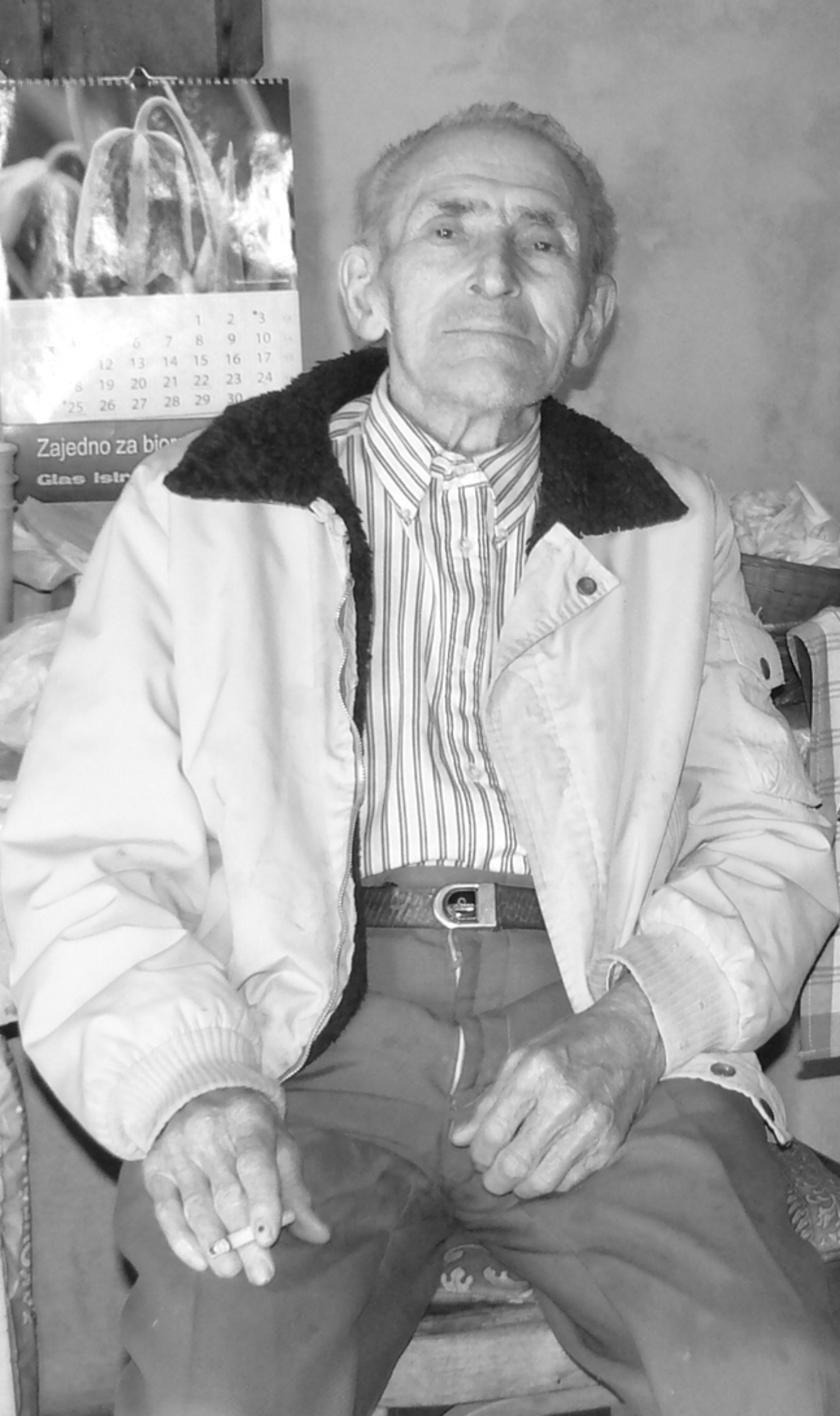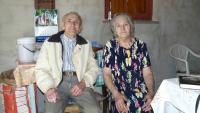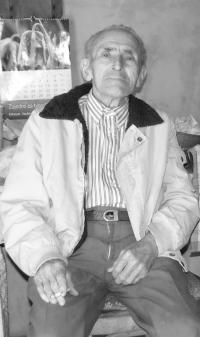I watched them being hunged

Download image
Krbavac Milan was born on 4th of August in 1925. in Brigi village, in middle Istria. He remembers the harsh life conditions of Istrian peasants under the rule of Italy, especially when collecting taxes on porks and ham. He was recruited into Italian army. After the fall of Italy, he joined the partisans. In 1944, the Nazis arrested him and he ended up in Buchenwald. After his hair was cut off and after being disinfected, he received clothes, a number and became a camp prisoner. Milan was sent to camp Leo where he worked in underground workrooms where they used to make parts for aircrafts. They didn’t have food or a doctor, always hungry. In spring, with the other prizoners, he ate the grass. He saw how people were being punished and fugitives being hung. While he was participating in the march of death, the end of the war was announced. The Americans set him free on 1 May 1945. He was taken to healing treatments in Dora camp because he weighed only 38 kilos. Milan returned home through the city of Triest. It was a great surprise to his parents, because they thought their son was dead.

